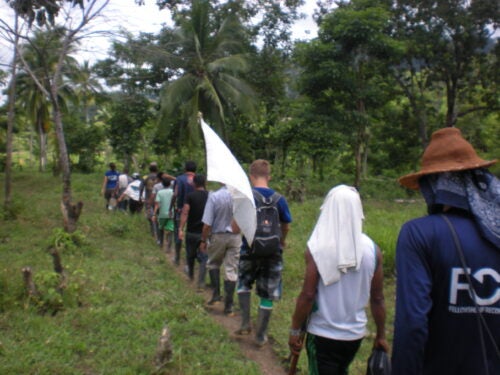A newly published journal article authored by School of Public Service Professor Christopher Courtheyn and co-author Ahsan Kamal analyzes how calls for “decolonizing” theory and methods have become prominent at academic institutions and beyond. Decolonization refers to cultural, economic and psychological freedom for Indigenous peoples. As part of decolonization theory, such peoples would gain the right to make decisions about their cultures, land and other systems without the influence of their colonizers.
Critics have pointed out that projects surrounding the idea of decolonizing are primarily located in the “global north” and distanced from actual political struggles. The global north is defined as containing groups of people who historically identify with capitalist and colonial systems, as well as those who may be in positions of privilege and power.

The article reviews three historical efforts towards decolonization: resistance to imperialism (the extension of a country’s power, usually through military force), “global south” scholars gaining prominence and the intersections between academics and activists.
The paper explains how decolonial and postcolonial studies created a powerful “southern theory” that helps explain global inequities and potential solutions, but that these fields’ primary impacts are at universities in the global north. This furthers the separation of the global north from the global south, academia from activism, and theory from practice, the authors said. They reiterate calls of fellow scholars who insist that research be combined with public and community collaborations that challenge violence against peoples and environments of the world.